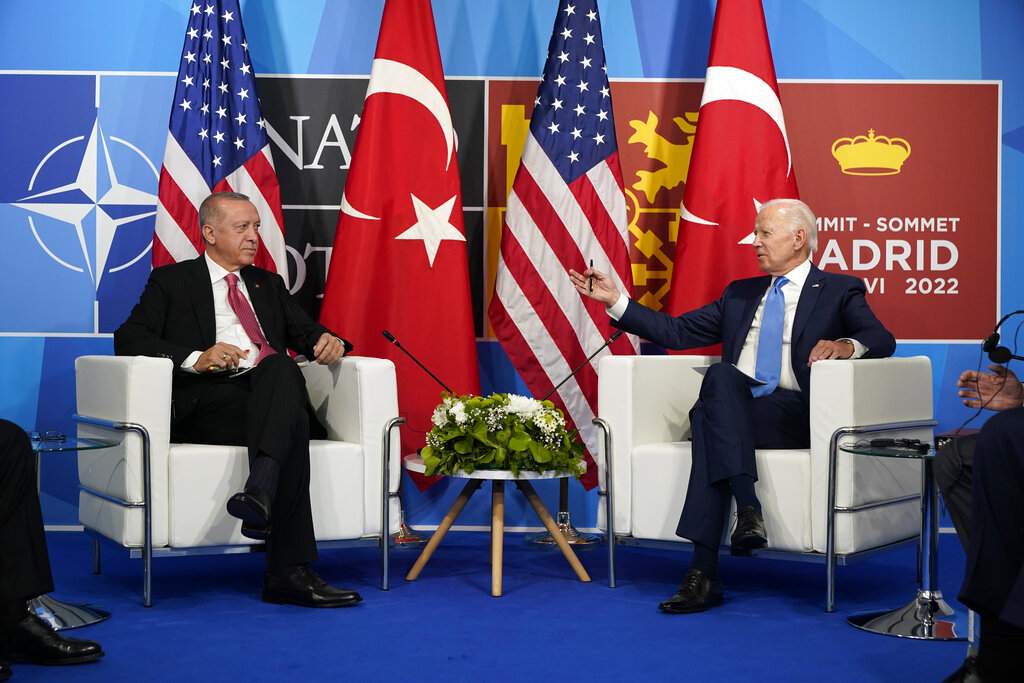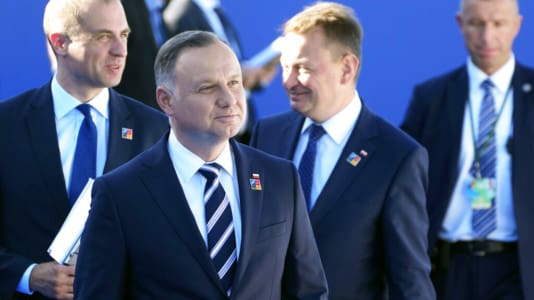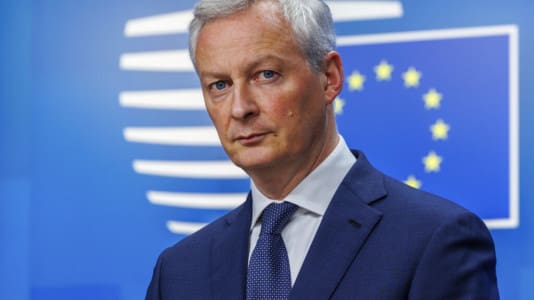NATO members formally agreed to invite Sweden and Finland to join NATO, the organization said on Wednesday after the threat of Turkey’s veto was lifted the day before. While many believe Sweden and Finland are now a shoo-in for NATO membership, could Turkey still throw a last-minute wrench in their bids?
At the NATO summit in Madrid, the leaders of the countries concerned, Turkish President Recep Tayyip Erdoğan, Finnish President Sauli Niinistö, Swedish Prime Minister Magdalena Andersson, along with their foreign ministers and NATO Secretary General Jens Stoltenberg, all met.
Following talks, Stoltenberg then announced that Turkey, Finland, and Sweden had agreed on a joint effort to fight terrorism. Exactly what the memorandum contained was not revealed by the parties at the time, but it was clear on the face of Turkish Foreign Minister Mevlüt Cavusoglu, who was sitting at the table at the announcement, that he was satisfied with the result.
Presumably, in addition to supporting the country’s fight against Kurdish terrorists, the Turks also received guarantees that the Swedish arms embargo on Turkey would be lifted. But it is also conceivable that the United States helped in the background by promising something to Ankara, such as an invitation to purchase F-35 fighters.
The Turkish press also clearly focused on Ankara’s victory, while the Scandinavian papers reported on what turned out to be a historic day. It is unlikely that the promise of ratification was given free of charge by the Turks, and it is even possible — based on some historical experience — that the worst is yet to come.
Following Tuesday’s announcement, it was first revealed that Sweden had promised to help Turkey fight the Kurdistan Workers’ Party (PKK), which is considered a terrorist organization, and on Wednesday, Turkish Justice Minister Bekir Bozdag said he was demanding the extradition of 33 terrorists to Ankara — 12 from Finland and 21 from Sweden. Without knowing the exact list, Swedish Prime Minister Magdalena Andersson immediately stated that there could be no question of extraditing Swedish citizens.
It is possible that the list includes a member of the Swedish parliament of Kurdish origin, Amineh Kakabaveh, whom Ankara cites as an example of the influence of Kurds on Swedish politics.
Ankara should not be underestimated, as it kept a tactical silence before the membership applications, and it may spring some surprises. If they are not satisfied with the way the Scandinavians, and the Swedes in particular, implement the agreement, their parliament could still stop the process (as could in theory the 29 other member states, but there is very little chance of that). For the time being, the ball is bouncing in the half of the defense alliance.
The next step is for the North Atlantic Council (NAC) to give Sweden and Finland so-called “invited” status at next week’s meeting in Brussels. This means that the two countries can attend all NATO meetings, but without the right to vote. After that, the parliaments of all 30 member states must ratify the accession of the Scandinavians. While promises are all fine and well, it is far from guaranteed that Ankara will accept Sweden and Finland quickly and without new conditions.






